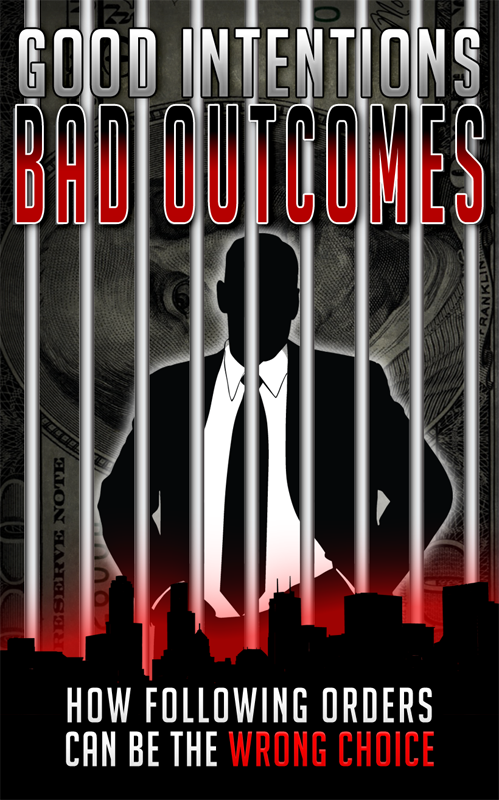Good Intentions, Bad Outcomes: How Following Orders Can be the Wrong Choice
Investors in both Petters Company Inc. and Lancelot Investment Management believed that they were purchasing promissory notes to finance the purchase of vast amounts of consumer electronics by vendors who then resold the merchandise to "big-box" retailers, including well-known chains, such as Wal-Mart and Costco. Per the SEC complaint, investors also believed:
- The promissory notes were secured by underlying merchandise inventory.
- Purchase order inventory financing consisted of transactions in which Petters Co. arranged for the sale and delivery of end-runs or overstock merchandise.
- These transactions usually took up to 180 days to complete and that the manufacturers demanded payment up front while the retailers did not pay until the merchandise was delivered.
- Petters Co. needed the investors' money to finance these transactions for the 180-day periods between the retailers' orders of merchandise and the retailers' payments for the goods.
- Investors would receive high rates of return on the Petters Co. notes, typically at least 11% per year.
All of these “promises” were outlined in the investor memorandum that was issued and used to entice potential investors.
It’s important to remember that Harold was intimately acquainted with Lancelot’s finances, as he was the auditor to Lancelot between 2003 and 2007. After deciding to take the offer to work for Lancelot in 2007, Harold noticed that payments on some of the Petters Company Inc. promissory notes were late. This problem persisted in 2008.
According to the SEC complaint, instead of reporting the delinquent promissory notes to investors, Bell and Petters agreed to extend Petters’s payment of the PCI promissory notes from 180 days to 270 days. Harold was aware of this arrangement. The fact that the promissory notes were delinquent was material and was only disclosed to a few investors that pressed the issue with Petters.

